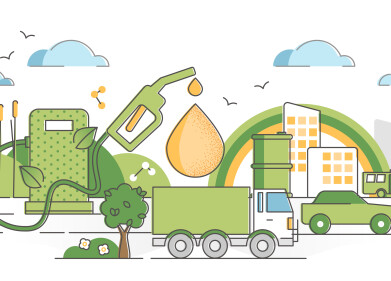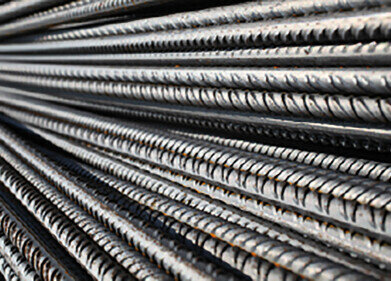-
 Biofuel testing indicates lignin-lite switchgrass is better for yields
Biofuel testing indicates lignin-lite switchgrass is better for yields
Biofuel industry news
'Lite' grasses boost yields by a third in biofuel testing
Feb 17 2011
The perennial prairie grass is described as "lignin-lite", making it easier to break down and convert into fuel.
Lignin is the central focus of much next-generation biofuel testing as, while it protects plants during growth, it makes the resultant biomass harder to break down.
This raises the input energy levels required, as well as sometimes meaning toxic chemicals must be used - two issues researchers would like to resolve.
In the latest study, scientists created a transgenic switchgrass species with one-eighth less lignin.
Growth rates per acre, combined with the increased ease of fermentation, lead to the calculation that this variety should raise biofuel yields by a third.
Meanwhile, a smaller quantity of enzymes are needed to break down the plant matter, as well as a lower pre-processing temperature.
"This significantly lowers the cost of biofuels and biochemicals from this switchgrass," says Zeng Yu Wang of the Oklahoma-based Samuel Roberts Noble Foundation, who led the research.
Digital Edition
PIN 25.6 Buyers' Guide
January 2025
Buyers' Guide Directory - Product Listings by Category - Suppliers Listings (A-Z) Articles Analytical Instrumentation - ASTM D7042: The Quantum Leap in Viscosity Testing Technology -...
View all digital editions
Events
Jan 20 2025 San Diego, CA, USA
Jan 22 2025 Tokyo, Japan
Jan 25 2025 San Diego, CA, USA
SPE Hydraulic Fracturing Technology Conference and Exhibition
Feb 04 2025 The Woodlands, TX, USA
Feb 05 2025 Guangzhou, China


















